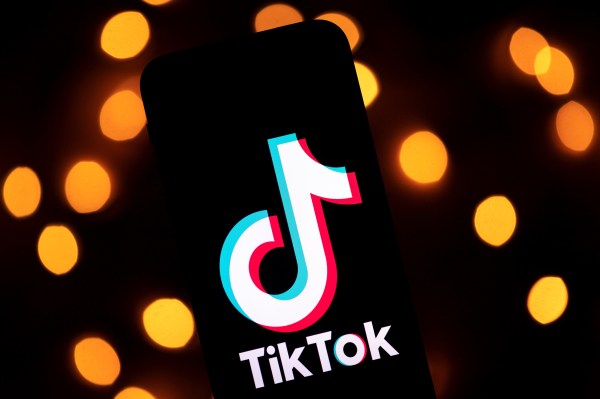Video sharing social network TikTok has removed more than 500,000 accounts in Italy following an intervention by the country’s data protection watchdog earlier this year ordering it to recheck the age of all Italian users and block access to any under the age of 13.
Between February 9 and April 21 more than 12.5M Italian users were asked to confirm that they are over 13 years old, according to the regulator.
Online age verification remains a hard problem and it’s not clear how many of the removed accounts definitively belonged to under 13s. The regulator said today that TikTok removed over 500k users because they were “likely” to be under the age of 16; around 400,000 because they declared an age under 13 and 140,000 through what the DPA describes as “a combination of moderation and reporting tools” implemented within the app.
TikTok has also agreed to take a series of additional measures to strengthen its ability to detect and block underage users — including potentially developing AI tools to help it identify when children are using the service.
Reached for comment, TikTok sent us a statement confirming that it is trialling “additional measures to help ensure that only users aged 13 or over are able to use TikTok”.
Here’s the statement, which TikTok attributed to Alexandra Evans, its head of child safety in Europe:
“TikTok’s top priority is protecting the privacy and safety of our users, and in particular our younger users. Following continued engagement with the Garante, we will be trialling additional measures to help ensure that only users aged 13 or over are able to use TikTok.
“We already take industry-leading steps to promote youth safety on TikTok such as setting accounts to private by default for users aged under 16 and enabling parents to link their account to their teen’s through Family Pairing. There is no finish line when it comes to safety, and we continue to evaluate and improve our policies, processes and systems, and consult with external experts.”
Italy’s data protection regulator made an emergency intervention in January — ordering TikTok to recheck the age of all users and block any users whose age it could not verify. The action followed reports in local media about a 10-year-old girl from Palermo who died of asphyxiation after participating in a “blackout challenge” on the social network.
Among the beefed up measures TikTok has agreed to take is a commitment to act faster to remove underage users — with the Italian DPA saying the platform has guaranteed it will cancel reported accounts it verifies as belonging to under 13s within 48 hours.
The regulator said TikTok has also committed to “study and develop” solutions — which may include the use of artificial intelligence — to “minimize the risk of children under 13 using the service”.
TikTok has also agree to launch ad campaigns, both in app and through radio and newspapers in Italy, to raise awareness about safe use of the platform and get the message out that it is not suitable for under-12s — including targeting this messaging in a language and format that’s likely to engage underage minors themselves.
The social network has also agreed to share information with the regulator relating to the effectiveness of the various experimental measures — to work with the regulator to identify the best ways of keeping underage users off the service.
The DPA said it will continue to monitor TikTok’s compliance with its commitments.
Prior to the Garante’s action, TikTok’s age verification checks had been widely criticized as trivially easier for kids to circumvent — with children merely needing to input a false birth date that suggested they are older than 13 to circumvent the age gate and access the service.
A wider investigation that the DPA opened into TikTok’s handling and processing of children’s data last year remains ongoing.
The regulator announced it had begun proceedings against the platform in December 2020, following months of investigation, saying then that it believed TikTok was not complying with EU data protection rules which set stringent requirements for processing children’s data.
In January the Garante also called for the European Data Protection Board to set up an EU taskforce to investigate concerns about the risks of children’s use of the platform — highlighting similar concerns being raised by other agencies in Europe and the U.S.
In February the European consumer rights organization, BEUC, also filed a series of complaints against TikTok, including in relation to its handling of kids’ data.
Earlier this year TikTok announced plans to bring in outside experts in the region to help with content moderation and said it would open a ‘transparency’ center in Europe where outside experts could get information on its content, security and privacy policies.


Recent Comments